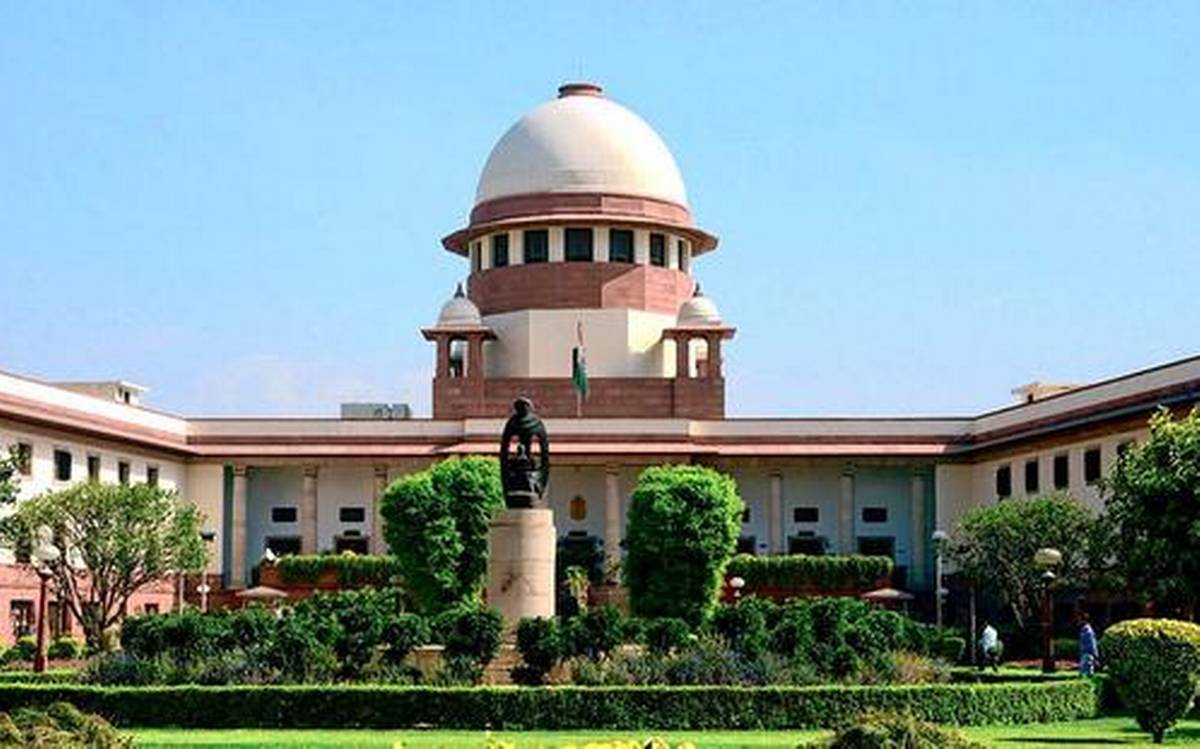Synopsis: The bench’s frustration comes after the father’s lawyer pointed out that the duo also purchased ancestral property and received rental income from it.
On Monday, the Supreme Court lashed out at two men for their father’s aversion to monetary maintenance, who was left to feed himself in the twilight of his life.
A bench headed by Justice AM Khanwilkar told his counsel that the sons have failed to maintain their father and that it is also an obligation under the law to provide him sufficient maintenance.

“You are doing him no favour whatsoever. He’s your father. It has been reported to us that both of you work in MNCs. Don’t forget, you are everything because of him,” the judge told the sons.
The bench’s anger came after the father’s lawyer found out that the duo also owned ancestral property and earned rental income from it.
“Because of your dad, even this property has come to you. How can you two now enjoy it without giving him his monetary share?”, the bench asked.
While the two sons lived in the ancestral house in the Karol Bagh area with their wife and children, the father was forced to move out.
The sons were asked last year by a maintenance tribunal to pay him Rs. 7,000 for subsistence, but the sons appealed against this request. They questioned the validity of certain provisions in the Maintenance and Welfare of Parents and Senior Citizens Act, 2007.
The High Court agreed to reconsider their petition and also to stay the order of the tribunal. This forced their father to knock at the doors of the Apex Court.
The bench asked the sons, admitting his plea, to work out a fair arrangement so that their father could live well. The court also held that Rs. 7,000 is not adequate per month and asked the sons to come up with a better amount.
On Monday, their lawyer suggested paying the father Rs. 10,000 per month, but the court was distressed to know that the sons were also occupying the ancestral house and earning rent from it.
Justice Khanwilkar noted that it is not necessary to deprive the father of the benefits of this ancestral land.
“You are asking us now whether you are able to sell the house on your own or whether we should name a commissioner of the court who will alienate it and split the money between all three,” the petitioner’s lawyer asked the sons.
Asking the sons to make up their minds and respond after a week, the court made it clear that if they want to continue occupying the property, the old man must be paid out either by the selling of the property or by the sons themselves.

